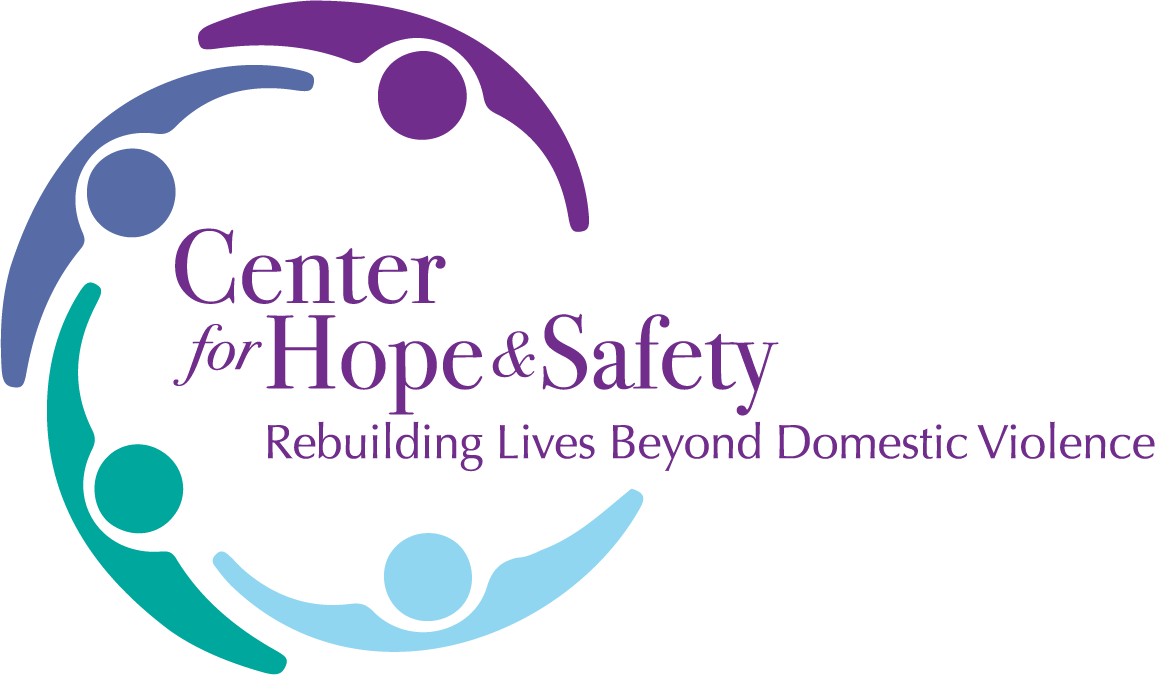Safety Planning
We know that living with domestic violence is painful and frightening. Whether you decide to stay or leave an abusive situation, it is important to consider ways to increase your safety.
While you may not have control over your abuser, there are things you can do to turn fear into safety, helplessness into strength, and isolation into hope. We are here to help you.
A safety plan will help you identify ways to protect yourself, your children or family members from abuse. Take time to develop your plan. Remember, your physical safety is most important. If you are in a life threatening situation call 911 or leave immediately.
Please take time to download and review the safety planning document, it will help you increase your safety.
Be Prepared
Safety Planning
Think now about how you will leave, where you will go, what you will bring, and who will help you. Being prepared can help you leave quickly, and safely. Even if you are not ready to leave now, make a safety plan and understand the ways of protecting yourself and your children.
Be ready to leave at a moment notice.
- Practice how you will leave – what door, what I will take with me, where will I go?
- Keep your purse and car keys in an easily accessible location.
- Memorize the phone number to the Center for Hope & Safety Hotline or your local shelter.
- Teach your children how to get help if you cannot use the phone.
- Store copies of important papers and clothing, and money in a hidden area in the house, or at a friend’s/relative’s home.
- Practice using a code word, so you can alert children to leave a dangerous situation. Share this code word with a trusted relative or friend so you alert them to call for help.
- Try to start an individual saving account of your own, have the statements go to a trusted relative or friend.
Protect Yourself
During an explosive incident, try to stay in a room or area with an exit. Know how to escape from that room. Avoid getting trapped in kitchens, bathrooms, garages, basements.
Try to stay out of rooms where there are sharp utensils or objects, and other things that can be used as weapons.
What To Bring With You
- Driver’s license/car registration
- Birth certificates
- Social Security cards
- School/vaccination records
- Money, checkbook, credit cards
- Restraining order papers and police reports
- Medication, medical insurance cards, and medical records
- House, car, and/or office keys
- Insurance papers
- Public Assistance ID/Medicaid Cards
- Passports, green cards, work permits
- Marriage, divorce or separation papers
- Lease, rental agreement or house deed
- Car/mortgage payment book
- Children’s toys, security blankets, stuffed animals
- Expensive jewelry and small valuable items
